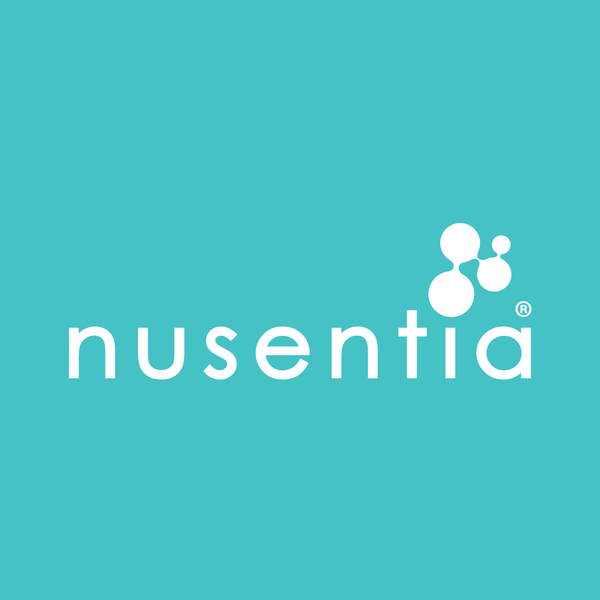The pet nutrition industry is witnessing a remarkable transformation. Gone are the days when pet foods were largely composed of human food by-products. Today, the spotlight shines on human-grade ingredients, the surge of raw and natural dog foods, and the strategic use of advanced supplements. This shift marks a significant contrast to past practices, highlighting a growing commitment to the health and wellness of our pets.
Here's a deep dive into this evolving landscape and the impact it has on our furry friends.
The Advancements in Natural Dog Foods
Embracing the Natural Dog Food Movement
The recall of conventional pet foods over the last couple of decards served as a catalyst for the natural dog food movement, a change that has been warmly welcomed by pet owners worldwide. The shift towards simple, real, and natural ingredients—those that are found in nature—promises a substantial boost to canine health, especially for dogs with dietary sensitivities. Recognizing that food is the cornerstone of health, this movement has been pivotal for pet owners dedicated to enhancing their pets' lives.
Supplements: Elevating Pet Health to New Heights
For years, humans have experienced the benefits of dietary supplements. It's only fitting that our pets start reaping these advantages as well. Like us, pets can face nutritional gaps or may require dietary augmentation for:
- Enhanced wellness
- Disease prevention
- Management of specific health conditions
Supplements can offer a nuanced approach to addressing these needs, providing an alternative or a complement to traditional medications. This strategic integration of supplements into pet diets has the potential to not only enhance therapy outcomes but also reduce the duration or intensity of medication use.

Addressing the Challenges
The Need for Pet-Specific Research
Despite the progress in pet nutrition, there's a pressing need for more targeted research. The assumption that "what's good for humans is good for pets" holds some truth but overlooks critical differences, such as the unique gut bacteria composition in dogs compared to humans. The limited studies conducted so far reveal that certain probiotic strains are particularly beneficial for pets, underscoring the importance of developing pet-specific formulations. As the industry grows, we anticipate a surge in research dedicated to uncovering these nuances.
Rethinking the Use of Medications
The over-reliance on medications, particularly antibiotics and anti-inflammatories, presents a dilemma in pet healthcare. The decision to use medication should balance the risks and rewards, considering whether a condition is acute—demanding immediate attention—or chronic, where lifestyle changes may offer a safer solution. For chronic conditions, natural approaches often provide a preferable risk-reward ratio. Moreover, following antibiotic treatments with probiotics is essential to restore healthy gut flora, a practice that should become standard in veterinary care.
Your Voice Matters
As we navigate this new era of pet nutrition, it's crucial to share experiences and insights. The collective wisdom of pet owners can guide the industry toward more effective, natural solutions for our pets' health and wellbeing.
We'd love to hear your thoughts and experiences. What's on your wish list for pet nutrition?
This evolution in pet food and supplement industry underscores a brighter future for our pets, combining the best of nature with cutting-edge science to ensure they lead healthier, happier lives.



